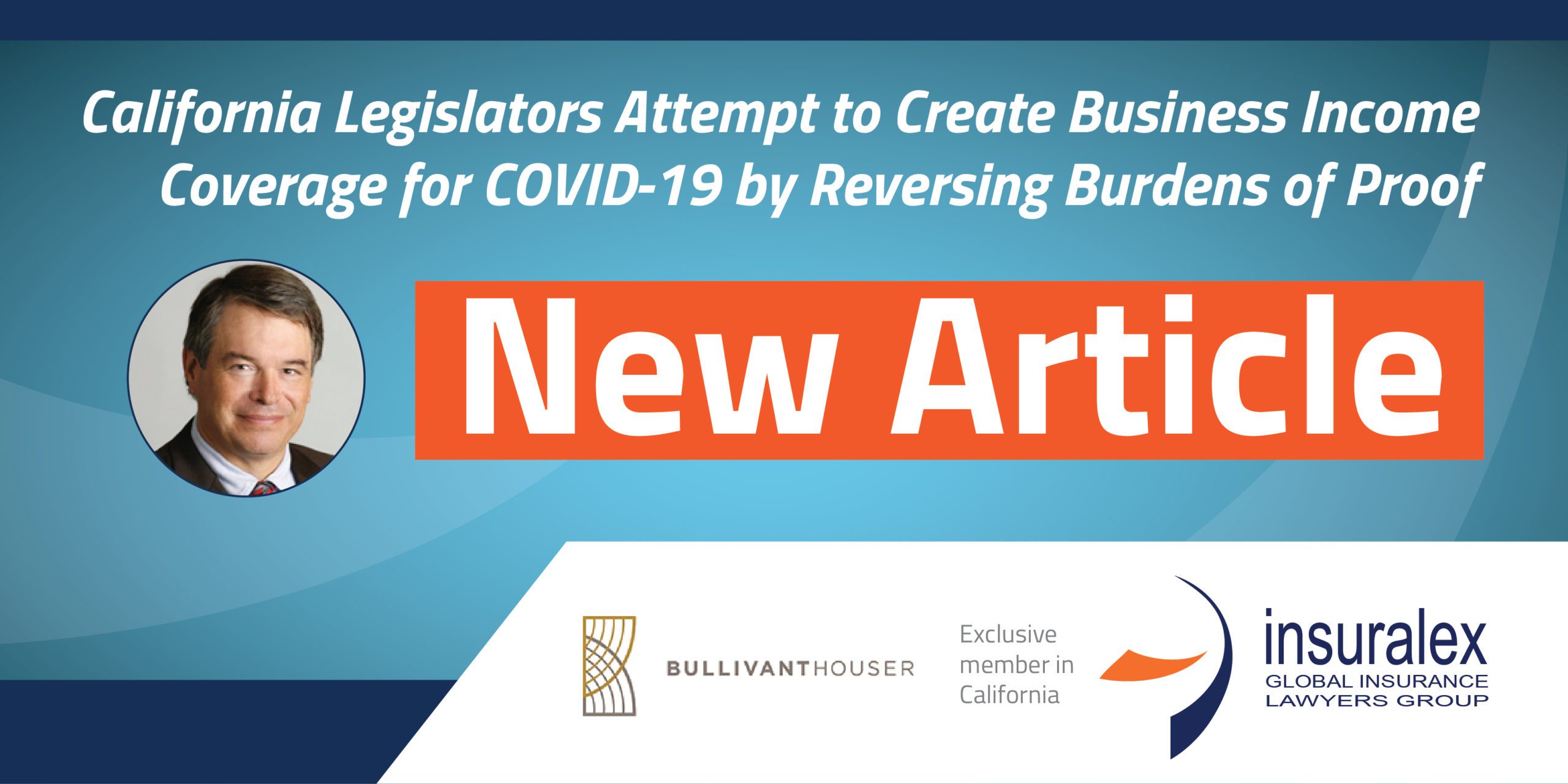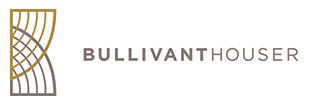
One of the less exciting components of litigation is the burden of proof. The lack of excitement, however, masks its importance. In many instances, which party is assigned the burden of proof determines the outcome – the party with the burden of proof loses.
Some members of the California legislature are using this reality to obtain a de facto legislative requirement for insurers to cover COVID-19 business income losses. AB 1552 does this by reversing the burden of proof and creating a series of statutory rebuttable presumptions:
- “With respect to coverage for general business interruption and extra expenses, a rebuttable presumption applies that COVID-19 was present on the insured’s property and caused physical damage to that property which was the direct cause of the business interruption.”
- “With respect to coverage for business interruption due to an order of civil authority, a rebuttable presumption applies that COVID-19 was present on property located within the geographical location covered by the order of civil authority and caused physical damage to that property which was the direct cause of the insured’s business interruption.”
- “With respect to coverage for business interruption due to impairment of ingress and egress, a rebuttable presumption applies that COVID-19 was present on the property of a third party and caused physical damage to that property which was the direct cause that prevented the ingress and egress to the insured’s property and resulted in the insured’s business interruption.”
The bill expressly provides it does not affect the applicability of virus exclusions, but it would mandate that courts interpret pollution and contamination exclusions not to apply to viruses unless they are explicitly referenced in the exclusion.
The legislative process in California is not for the squeamish. AB 1552 started as a bill addressing education and at the end of June went through what is known as a “gut and amend” process in which the entire education-focused text was replaced by the current insurance language. The legislative session ends August 31; the last day for floor amendments in both houses is August 21. We expect there will be significant lobbying activity against AB 1552 over the next few weeks. If the bill is passed by both legislative houses in its current form, it would then go to Governor Newsom.
We will report significant developments as the legislative process continues. If you have questions in the interim, contact your Bullivant attorney.
AUTHOR: Andrew B. Downs

Shareholder, San Francisco Office
Direct Dial: 415.352.2716
Fax: 415.352.2701




